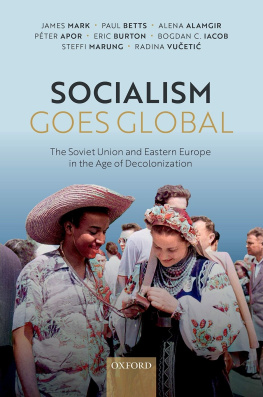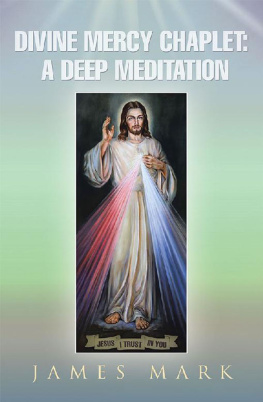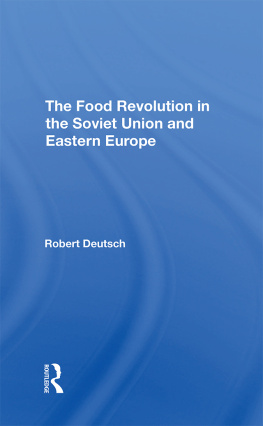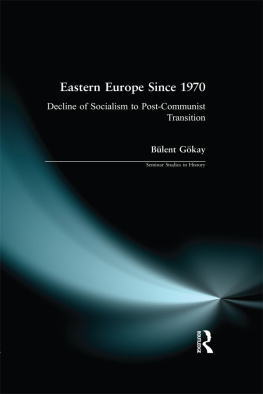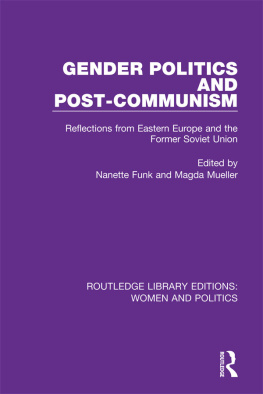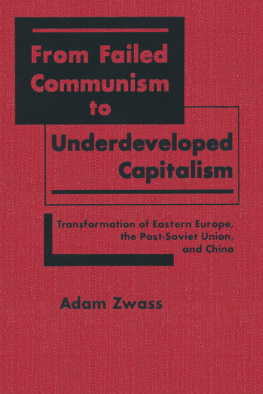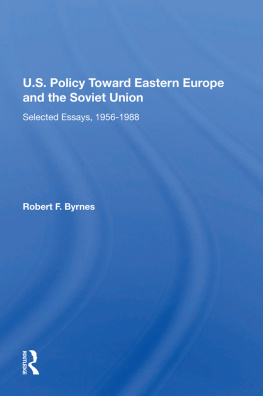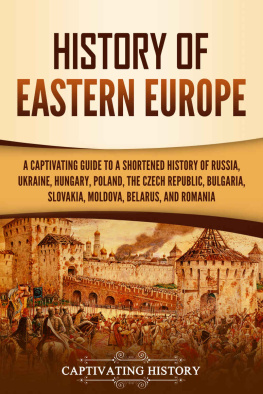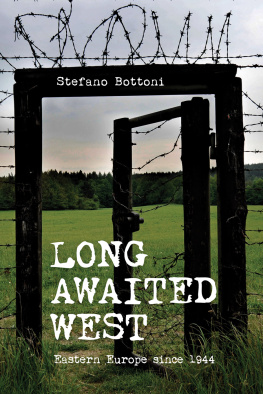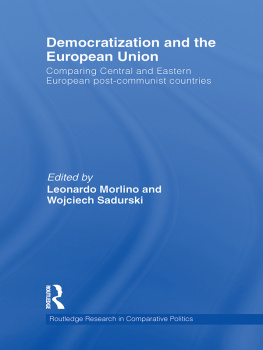Socialism Goes Global

Great Clarendon Street, Oxford, OX2 6DP, United Kingdom
Oxford University Press is a department of the University of Oxford. It furthers the Universitys objective of excellence in research, scholarship, and education by publishing worldwide. Oxford is a registered trade mark of Oxford University Press in the UK and in certain other countries
Oxford University Press 2022
The moral rights of the authors have been asserted
First Edition published in 2022
Impression: 1
All rights reserved. No part of this publication may be reproduced, stored in a retrieval system, or transmitted, in any form or by any means, without the prior permission in writing of Oxford University Press, or as expressly permitted by law, by licence or under terms agreed with the appropriate reprographics rights organization. Enquiries concerning reproduction outside the scope of the above should be sent to the Rights Department, Oxford University Press, at the address above
You must not circulate this work in any other form and you must impose this same condition on any acquirer
Published in the United States of America by Oxford University Press
198 Madison Avenue, New York, NY 10016, United States of America
British Library Cataloguing in Publication Data
Data available
Library of Congress Control Number: 2021951437
ISBN 9780192848857
ebook ISBN 9780192665218
DOI: 10.1093/oso/9780192848857.001.0001
Printed and bound by CPI Group (UK) Ltd, Croydon, CR0 4YY
Links to third party websites are provided by Oxford in good faith and for information only. Oxford disclaims any responsibility for the materials contained in any third party website referenced in this work.
Acknowledgements
First of all, we would like to thank the Arts and Humanities Research Council (UK) for their funding of the Socialism Goes Global: Cold War Connections Between the Second and Third Worlds project (AH/M001830/10), which enabled most of the research and writing time necessary to complete this book. The project was based at the University of Exeter and directed by James Mark. The team would like to express its deep gratitude to James for overseeing the project so ably and energetically from start to finish. James also acknowledges the support of a Netherlands Institute for Advanced Study (NIAS) fellowship, which provided time to complete the analysis and writing. We would also like to note the generous support of the Hungarian National Research, Development and Innovation Office (Grant no. NN 115711, 20152018), which kindly covered Bogdan C. Iacobs expenses, along with additional research costs in Romania and Hungary. A grant from the DFG (German Research Council) in the framework of SFB 1199 helped subsidise further research in Germany.
We would like to recall the conversations at meetings we held between 2014 and 2018, the richness of which still continue to inspire and inform our writing. Special thanks go to Kristin Roth-Ey, Magorzata Mazurek, Natasha Telepneva, Nemanja Radonji and Zoltn Ginelli for their support, intellectual engagement and, in some cases, the research material that they shared. Individual research contributions are noted at the start of each chapter. Their authored contributions are represented in our companion volume, edited by Kristin Roth-Ey: Second-Third World Spaces in the Cold War: Global Socialism and the Gritty Politics of the Particular (London: Bloomsbury, 2022). Sections of the Culture chapter were first published in Paul Betts, Ruin and Renewal: Civilising Europe after the Second World War (London: Profile Books, 2020) and thanks to Profile for providing permission to reproduce them. We would like to thank the Museum of Yugoslavias director, Neda Kneevic, and her staff, for their great assistance in helping to organise and host a spin-off project of the researchthe Tito in Africa: Picturing Solidarity photography showand for producing the accompanying bilingual English and Serbian exhibition catalogues. Thanks too should be expressed to Philip Grover at the Pitt Rivers Museum in Oxford and Justin Jampol and Joes Segal at the Wende Museum in Los Angeles for their cooperation with the traveling exhibition. The proceeds from the sales of the exhibition catalogue were donated to the London-based charity the Swawou School Foundation, which builds girls schools in Sierra Leone. Many thanks to its director Callum Campbell for making this possible.
Further thanks to Cathryn Steele at Oxford University Press for shepherding the project so expertly. We are greatly indebted to Martin Thom, whose detailed and imaginative copy-editing and proofreading helped raise the level of the writing in many places. We were very privileged to have Arnia van Vuuren as our indexer; despite her illness, she remained committed to the book and produced an index of great quality based on an insightful grasp of its arguments. It is a great loss to the profession that that there will not be indexes after this one, and we are terribly sad that she was not able to see the final result published.
Contents
Introduction
James Mark and Paul Betts
Origins
James Mark and Steffi Marung
Development
Eric Burton , James Mark and Steffi Marung
War and Peace
Pter Apor
Culture
Paul Betts and Radina Vueti
Rights
Paul Betts
Race
James Mark
Health
Bogdan C. Iacob
Mobility: Education and Labour
Alena Alamgir
Home Front
Pter Apor and James Mark
When Socialism Went Global
In the summer of 1961, Marshal Josip Broz Tito of Yugoslavia embarked on a grand six-week tour of newly independent African nations, arriving in style by state yacht and airplane at various national capitals. The purpose of the tour was to drum up support among fledgling decolonized states for the first Non-Aligned Conference, to be held that autumn in Belgrade. Tito and his wife Jovanka, in the guise of the First Couple of the Non-Aligned World, visited over a dozen countries, and were sumptuously feted everywhere they went. His trip to Egypt and India in 195455 was the first by a non-Asian head of state to these new independent countries; the 1961 journey was the first visit by a Communist head of state to sub-Saharan Africa. In the African press coverage of the Yugoslav leaders state visits around the continent, Tito was often described as the one white European that Africans could trust. He was the first state leader from the Communist world to tour Latin America, with stopovers in Brazil, Bolivia, Chile and Mexico in 1963. These tours were an integral part of this dramatic global encounter between the Soviet Union, Eastern Europe and a now rapidly decolonizing world; European Communists looked to develop new relationships in the spheres of trade, development, public health, warfare, culture and education.
In the wake of the collapse of Communism (198991), such episodes came to be considered, at best, historical curiosities, or, at worst, evidence of nefarious dictatorships which had torn Eastern European populations from their true home in European civilization. As a post-Cold War western orientation was consolidated, the idea that Eastern Europes history was not just a story of nations struggle for independence from the regions German, Habsburg, Ottoman and Russian Empires, but might be connected to a global story of colonialism and anti-colonialism, had little appeal. Yet the idea that the region was defined through its position between the colonial West and anti-colonial peripheries had a long history. In the late nineteenth century, burdened with debt to German banks, and with extensive, underdeveloped agricultural hinterlands, Balkan countries had feared

